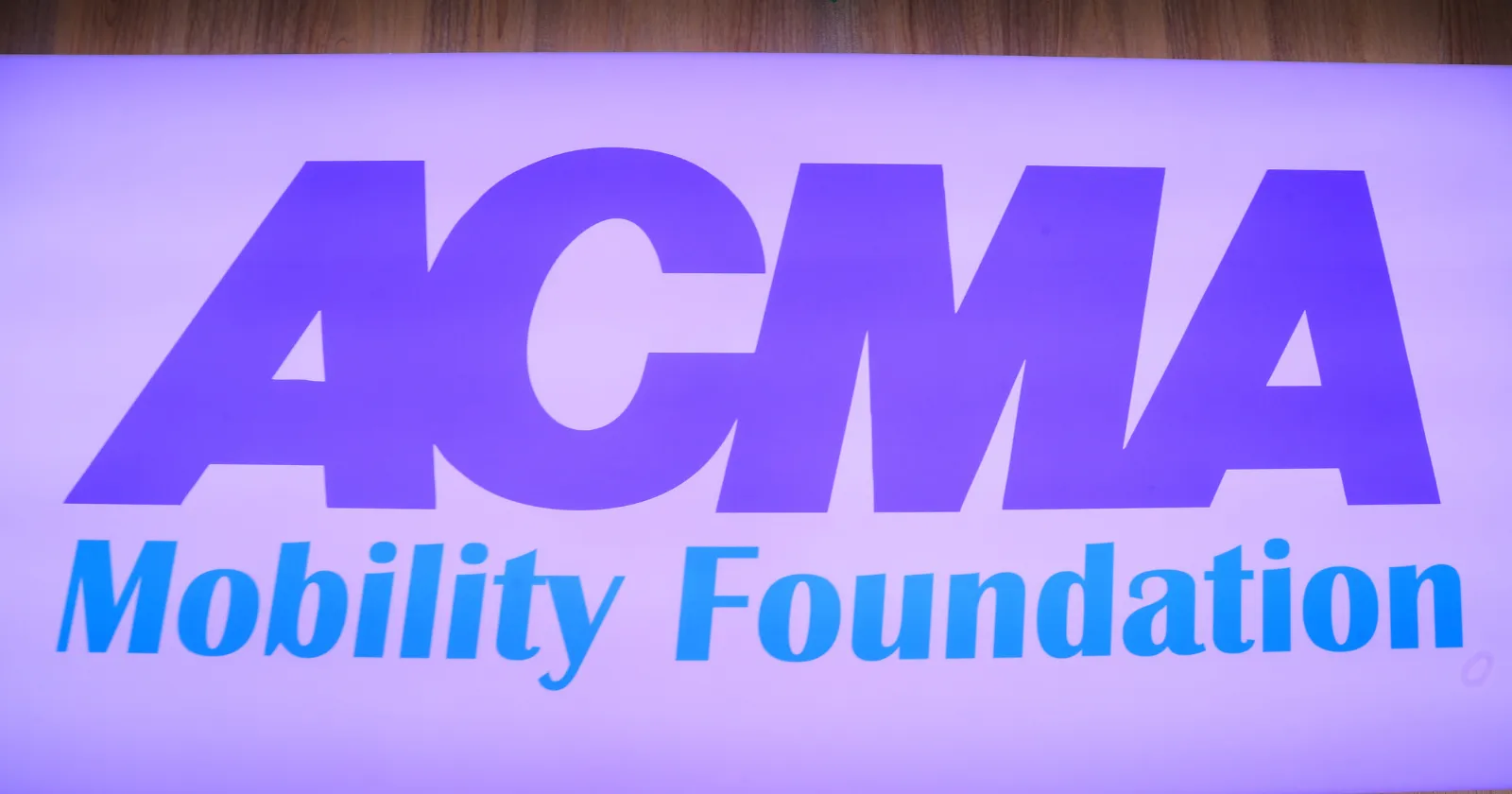
The $200 billion target will be driven by EV growth, exports, policy push, and stronger global supply chains.
Share Post

The $200 billion target will be driven by EV growth, exports, policy push, and stronger global supply chains.
The Automotive Component Manufacturers Association of India (ACMA) marked its 65th Annual Session in New Delhi with a strong focus on supply chain resilience and global competitiveness. Centred on the theme “Navigating Geopolitical Challenges - Creating a Resilient Automotive Supply Chain in India,” the event brought together policymakers, industry leaders, and global stakeholders to shape the future of India’s auto component sector.
In her opening address, ACMA President Shradha Suri Marwah highlighted that the industry crossed $80 billion (roughly ₹7,06,246 crore) in FY25, with exports hitting $23 billion (roughly ₹2,03,045 crore). She underlined the need for resilience amid geopolitical headwinds, technology disruption, and sustainability challenges.
A major highlight was the ACMA–McKinsey study, which projects India’s auto component sector to touch $200 billion (roughly ₹17,65,615 crore) by 2030, driven by domestic demand, expanding exports, and new opportunities in EV and connected technologies.
Heavy Industries & Steel Minister H.D. Kumaraswamy emphasised the success of schemes like PLI, which have already attracted over ₹29,500 crore in investments and created more than 45,000 jobs. He also highlighted the PM-eDRIVE programme, designed to accelerate India’s shift to electric mobility across two-wheelers, buses, and trucks.
Road Transport Minister Nitin Gadkari reinforced the government’s long-term vision of making India the hub for smart, sustainable, and affordable mobility by 2030, powered by clean fuels and advanced technology. Commerce Minister Piyush Goyal added that India’s ongoing FTA talks with the EU will unlock new growth opportunities, while reiterating support measures like the reduction of GST on auto parts to 18 per cent.
European Commissioner Maroš Šefčovič stressed the importance of India–EU collaboration, noting that combining Europe’s tech leadership with India’s manufacturing strength can build resilient supply chains and accelerate climate goals.
The session drew more than 1,200 delegates, cementing ACMA’s position as the voice of India’s auto component industry and a key player in global mobility conversations.
2026 Tata Punch EV Facelift Variants and Features Explained
Acko Drive Team 20 Feb, 2026, 3:24 PM IST
Refreshed Tata Punch EV Aims to Massify EVs in Entry-Level Car Segment, Leveraging Falling Battery Prices, Product Optimisation
Sumantra Bibhuti Barooah 20 Feb, 2026, 12:29 PM IST
Beyond Commute: 8 Cultural Events Redefining Indian Motorcycling
Acko Drive Team 20 Feb, 2026, 11:58 AM IST
Tata Punch EV vs Rivals: Specs & Prices Compared
Acko Drive Team 20 Feb, 2026, 10:24 AM IST
AB Volvo Proposes Re-Election of Board Members at AGM, Matti Alahuhta to Depart
Acko Drive Team 20 Feb, 2026, 9:59 AM IST
Looking for a new car?
We promise the best car deals and earliest delivery!
